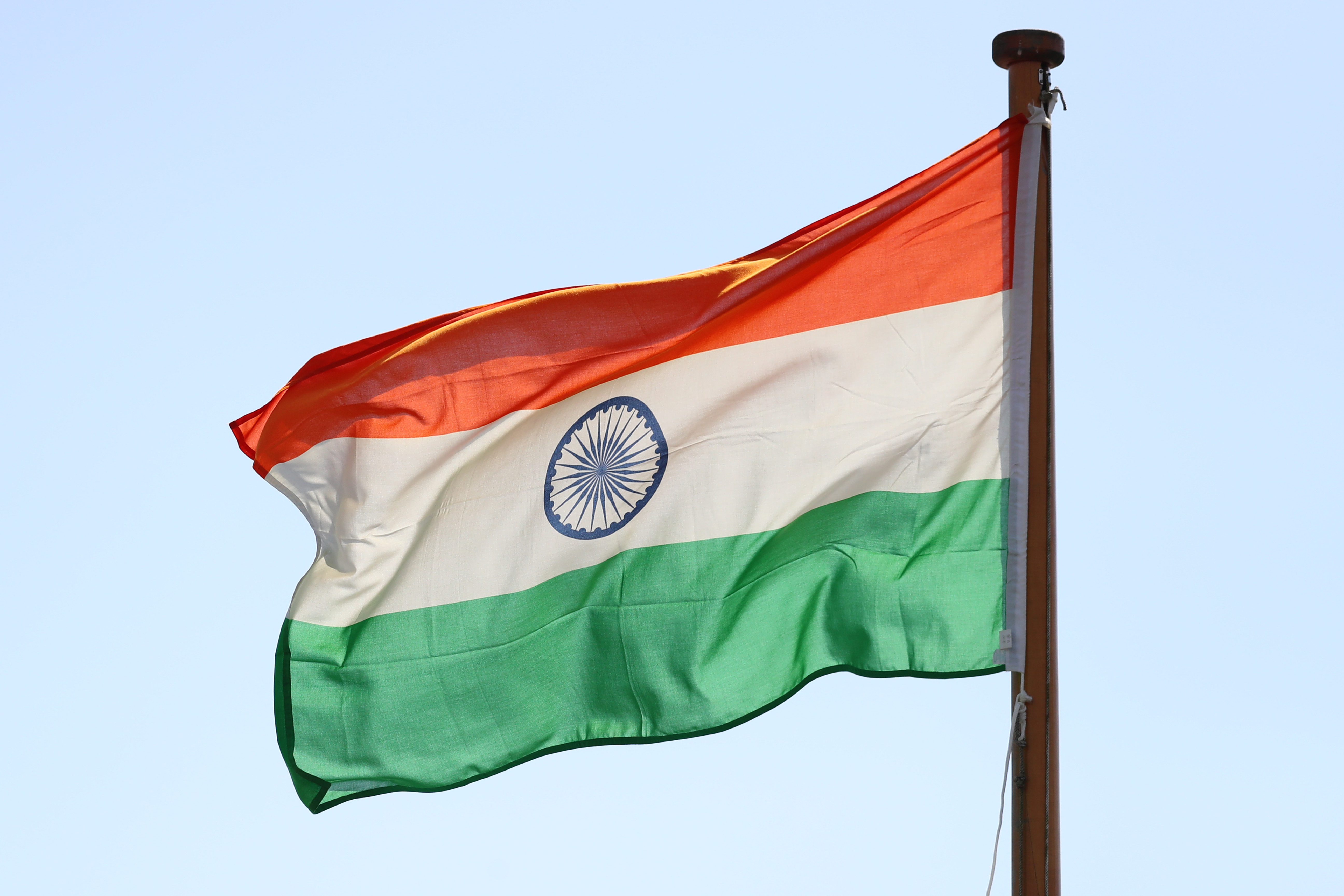Oil round up: India weighs up Russian oil as Boris Johnson calls on Saudi Arabia to boost output

India is considering a Russian offer to buy crude oil and other commodities at discounted prices through a rupee-rouble transaction.
So far, India has not condemned Russia’s invasion of Ukraine, nor has it joined in with the tough sanctions imposed on the country by the West.
An Indian government official told Reuters: “Russia is offering oil and other commodities at a heavy discount. We will be happy to take that. We have some issues like tanker, insurance cover and oil blends to be resolved. Once we have that we will take the discount offer.”
India is the world’s third biggest oil consumer and importer.
Currently, it brings in around 85 per cent of its oil needs – but typically only buys 2-3 per cent of its supplies from Russia.
Despite prices faltering in recent days – there remains a near $25 discount for Urals grade oil compare to Brent Crude – as businesses shun Russian supplies in fear of unwittingly violating sanctions.
However, with oil prices up 40 per cent this year, Prime Minister Narenda Modi’s government is considering boosting supplies from the Russia amid fears its import bill could spike to $50bn for the fiscal year starting in April.
Work is currently ongoing to set up a rupee-rouble trade mechanism, which could be used to pay for oil and other goods.
It is also looking for cheaper raw materials from Russia and Belarus for fertiliser, as the cost of its subsidy programme has rocketed.
The government expects the fertiliser subsidy bill to rise 200- 300bn rupees in the next financial year from 1.05trn rupees.
The Kremlin has maintained it is committed to trading with global markets, although it warned it could restrict natural gas supplies following UK and US sanctions targeting its commodity trade.
Last week, Russian firm Surgutneftegaz, allowed Chinese buyers to receive oil without providing letters of credit (LC) payment guarantees in order to bypass sanctions, sources told Reuters.
All eyes on Saudi Arabia as West aims to boost output
The possibility of a deal with Russia could antagonise India’s Western allies.
However, the country has previously revealed it is prepared to release additional crude from its national stocks – in support of efforts by other major oil importers to mitigate surging global prices.
This compares favourably to OPEC+, which is sticking to modest commitments to boost oil production only 400,000 barrels per day.
Multiple members have failed to meet raised production quotas, while reports from the UAE it was pushing for the group to boost supplies were later denied by its government.
Boris Johnson is trying to persuade leading member Saudi Arabia to increase its oil output, with the Prime Minister reportedly set to travel to the OPEC heavyweight later this week.
Saudi Arabia, along with other OPEC nations, has consistently snubbed White House calls to use its spare output capacity to tame rampant crude prices, which could trigger a global recession following Russia’s invasion of Ukraine.
Despite formal alliances, Saudi Arabia’s ties with the West have worsened in recent years amid criticism of both the Yemen war and the murder of journalist Jamal Khashoggi at the Saudi consulate in Istanbul in 2018.
When questioned over the UK’s ties with Saudi Arabia, following its execution of 81 men in a single day last week, Health Secretary Sajid Javid insisted the UK had a frank relationship with the country.
However, he also argued it was “important to recognise, whether we like it or not, that Saudi Arabia is one of the world’s largest oil producers”.
Speaking to Times Radio, he explained: “At a time of a major global energy crisis that has been caused by this war in Europe, it is right for the prime minister and other world leaders to engage with Saudi Arabia and try to work together where that makes sense.”
Earlier this month, International Energy Agency reached an agreement with the US and multiple members to flood the market with 60m barrels – as the West seeks to drive down the cost of living for its consumers.
Oil rallies have already seen fuel and petrol prices spike – and while rallies have subsided in recent days, prices remain well above $100 per barrel.